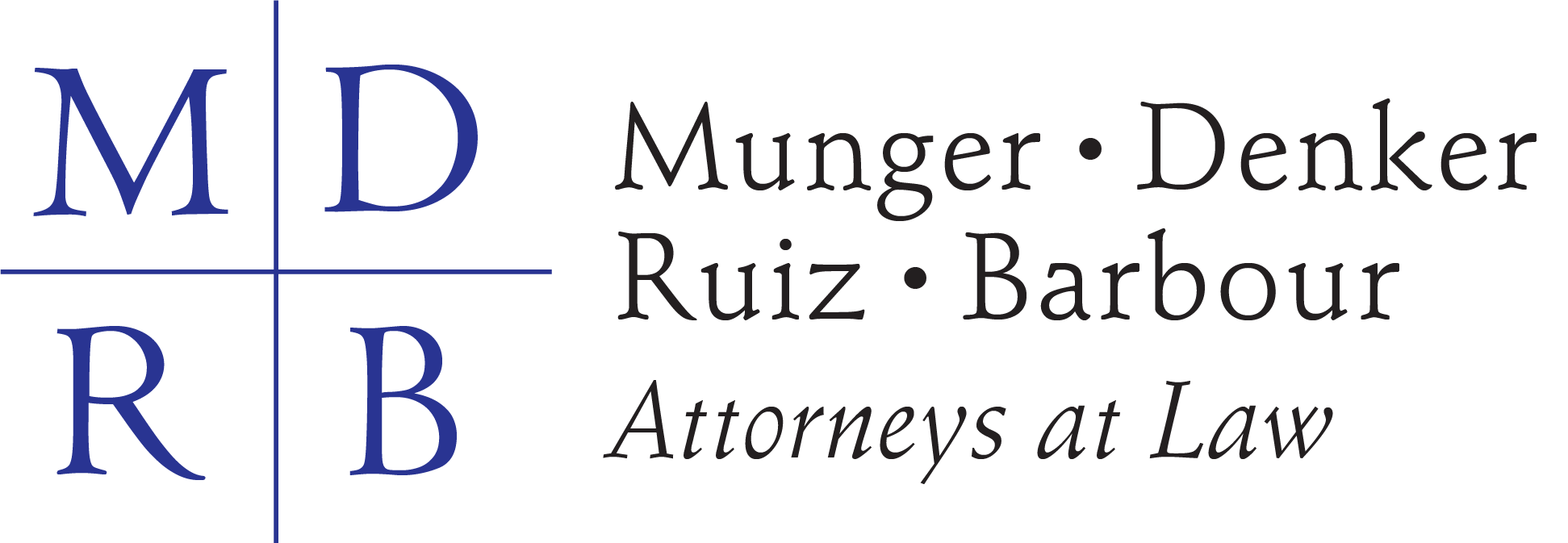
Law 101: Understanding Personal Jurisdiction
In the intricate world of civil litigation, personal jurisdiction is a critical foundation upon which legal disputes are built and resolved. Personal jurisdiction determines whether a court has the authority to exercise power over a particular person and adjudicate a case involving that person.
Defining Personal Jurisdiction
Personal jurisdiction refers to a court’s authority to exercise power over an individual or entity involved in a legal dispute. It is a fundamental aspect of due process, ensuring that people are not subject to the laws and judgments of a court without appropriate connections to the jurisdiction.
In civil litigation, personal jurisdiction is governed by the Due Process Clause of the Fifth Amendment, which applies to the federal government, and by the Fourteenth Amendment, which applies to state governments. These constitutional provisions require that any exercise of personal jurisdiction must be fair and reasonable, respecting the litigants’ rights and providing ample notice and opportunity to be heard.
Types of Personal Jurisdiction
There are two main types of personal jurisdiction in a civil lawsuit:
- General Jurisdiction: A court has general jurisdiction over a person when that person’s contacts with the forum (the state where the court is located) are so substantial and continuous that he can be sued in that state for any claim, even if the claim does not arise from activities within the state. General jurisdiction typically is reserved for litigants who are residents or have significant and continuous business operations within the state.
- Specific Jurisdiction: A court has specific jurisdiction over a person when that person’s contacts with the forum state are related to the specific claims asserted in the lawsuit. In other words, the person’s actions or transactions within the state must be directly linked to the subject matter of the lawsuit for the court to exercise specific jurisdiction of the person.
Due Process Limitations
To comply with the requirements of due process, personal jurisdiction must meet certain criteria:
- Minimum Contacts: For a court to exercise personal jurisdiction over a person, the person must have “minimum contacts” with the forum state. These contacts can be purposeful actions, such as conducting business, contracting, or engaging in harmful activities within the state.
- Fairness and Reasonableness: Even if minimum contacts exist, the exercise of personal jurisdiction must be fair and reasonable. Factors considered include the convenience of the parties, the location of evidence and witnesses, and the interest of the state in adjudicating the dispute.
Challenges to Personal Jurisdiction
Litigants can challenge personal jurisdiction by filing a motion to dismiss for lack of personal jurisdiction. The court then will examine the litigants’ contacts with the forum state to determine if sufficient minimum contacts exist to establish jurisdiction.
Conclusion
In civil litigation, personal jurisdiction serves as a crucial underpinning that ensures a fair and orderly resolution of legal disputes. By striking a delicate balance between the rights of the parties and the state’s interest in adjudicating the matter, personal jurisdiction safeguards the principles of due process and ensures that the wheels of justice turn smoothly. Understanding the nuances of personal jurisdiction empowers litigants and attorneys to navigate the complex legal landscape, upholding the principles of fairness and equality in any court.
If you have legal questions or problems, the experienced team at Munger • Denker • Ruiz • Barbour provides comprehensive legal solutions and effective advocacy, ensuring that your rights and interests are protected. Schedule a consultation with Munger • Denker • Ruiz • Barbour to receive expert advice tailored to your specific needs.
Latest Posts
Quiet Title
Normally, it is simple to determine who is the lawful owner of real property: Whoever is listed on the last deed recorded with the county recorder’s...
Quiet Title
Safeguarding Your Interests in Arizona Probate Court
What Is Probate Court? A probate court is one that has authority or jurisdiction over all cases involving wills, trusts, estates, and...



